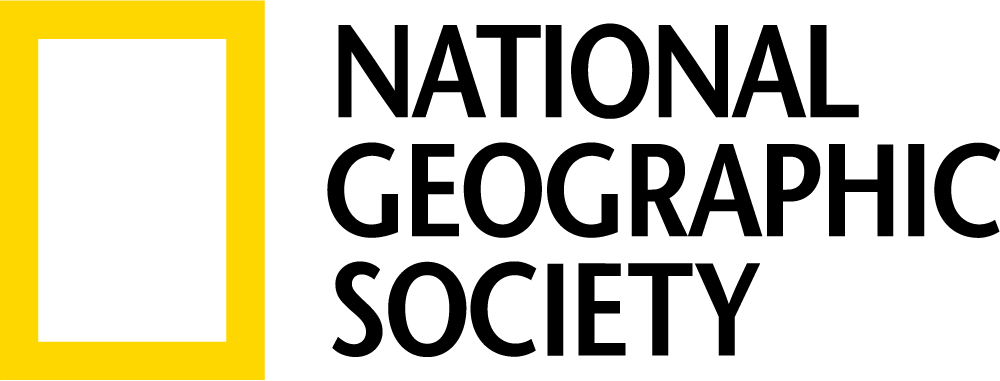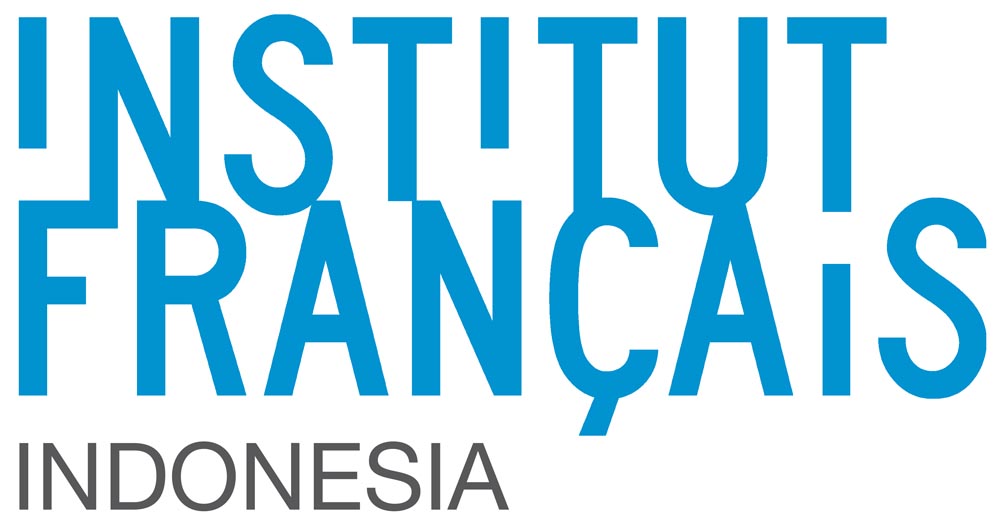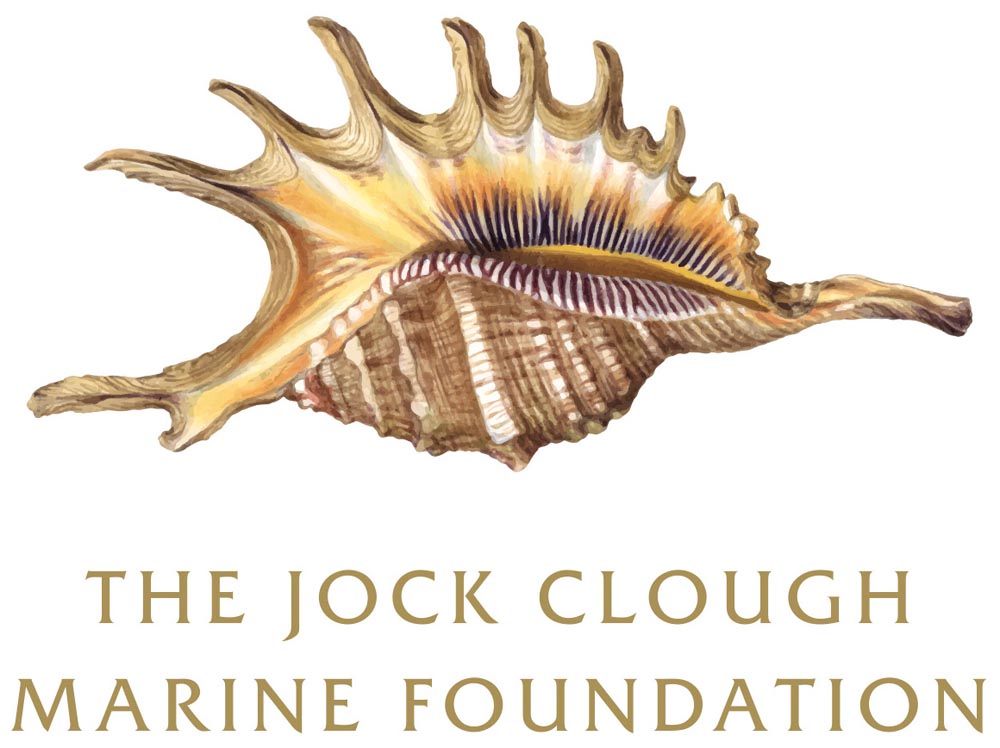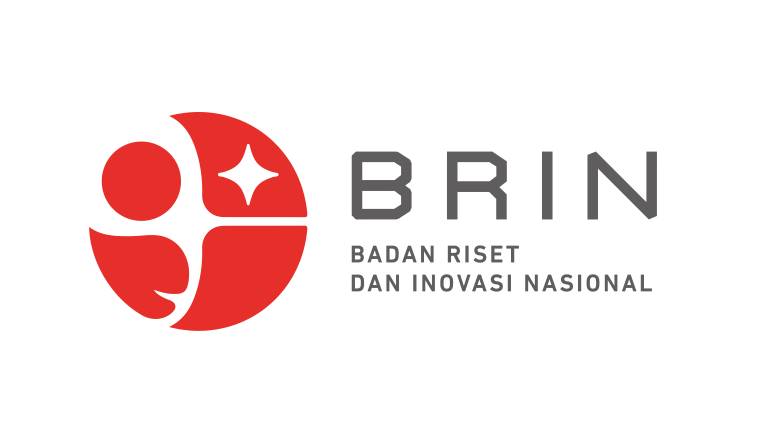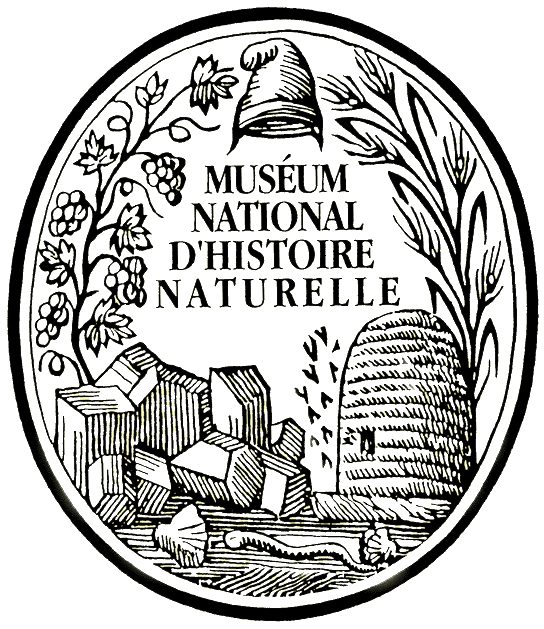Discover the deep reefs of one of Indonesia's deepest, least studied and remotest seas.
Indonesia is a central part of the Coral Triangle, a biodiversity hotspot where the number of marine species reaches its maximum. Although many local communities rely on healthy coral reefs for their food and livelihoods, more research needs to be conducted on MCEs and the threats these unique habitats are now facing in this archipelagic country.
Maluku waters – which can reach, in some places, more than 6000 metres depth in the Banda Sea – host an incredible biodiversity, with many emblematic species of sharks, reptiles, molluscs and marine mammals. But this is also one of the least studied regions in Indonesia.
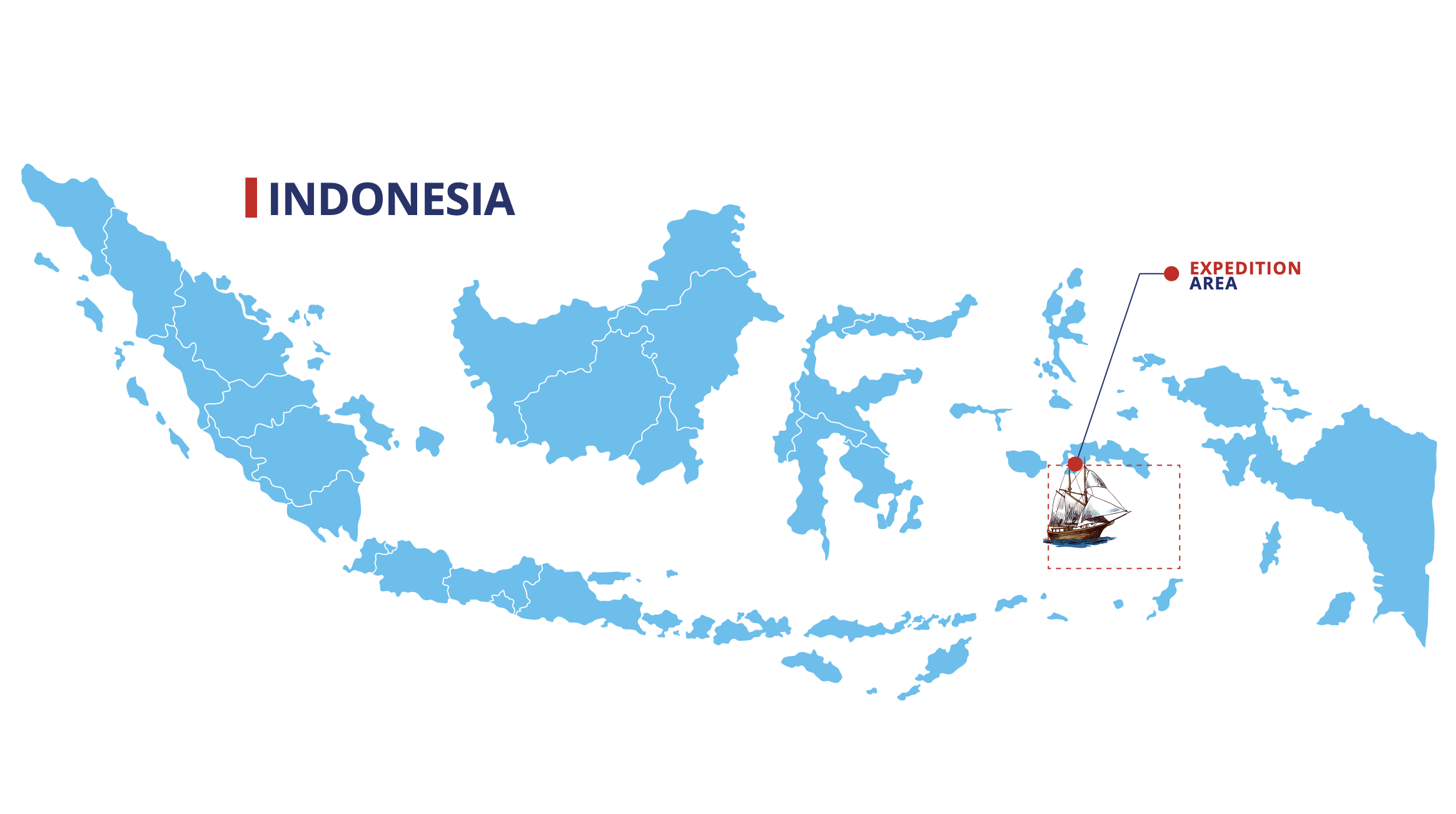
OBJECTIVES
This project took place in October 2022 and was supported by Blancpain Ocean Commitment, the National Geographic Society, the Jock Clough Marine Foundation, Fondation Biotope and Institut Français d’Indonésie. It was conducted in close collaboration with Universitas Pattimura, BRIN and Universitas Udayana.
Use imagery to produce a first inventory of mesophotic fish species
Describe the mesophotic habitats (structure, benthic fauna, etc.)
Collect sediment and water samples to analyse microplastic contamination
Work on a long-term conservation plan for the region with local partners
30
days at sea
25
deep dives, including 23 at >100 meters depth
96h+
total underwater time
per deep diver
-140m
deepest dive
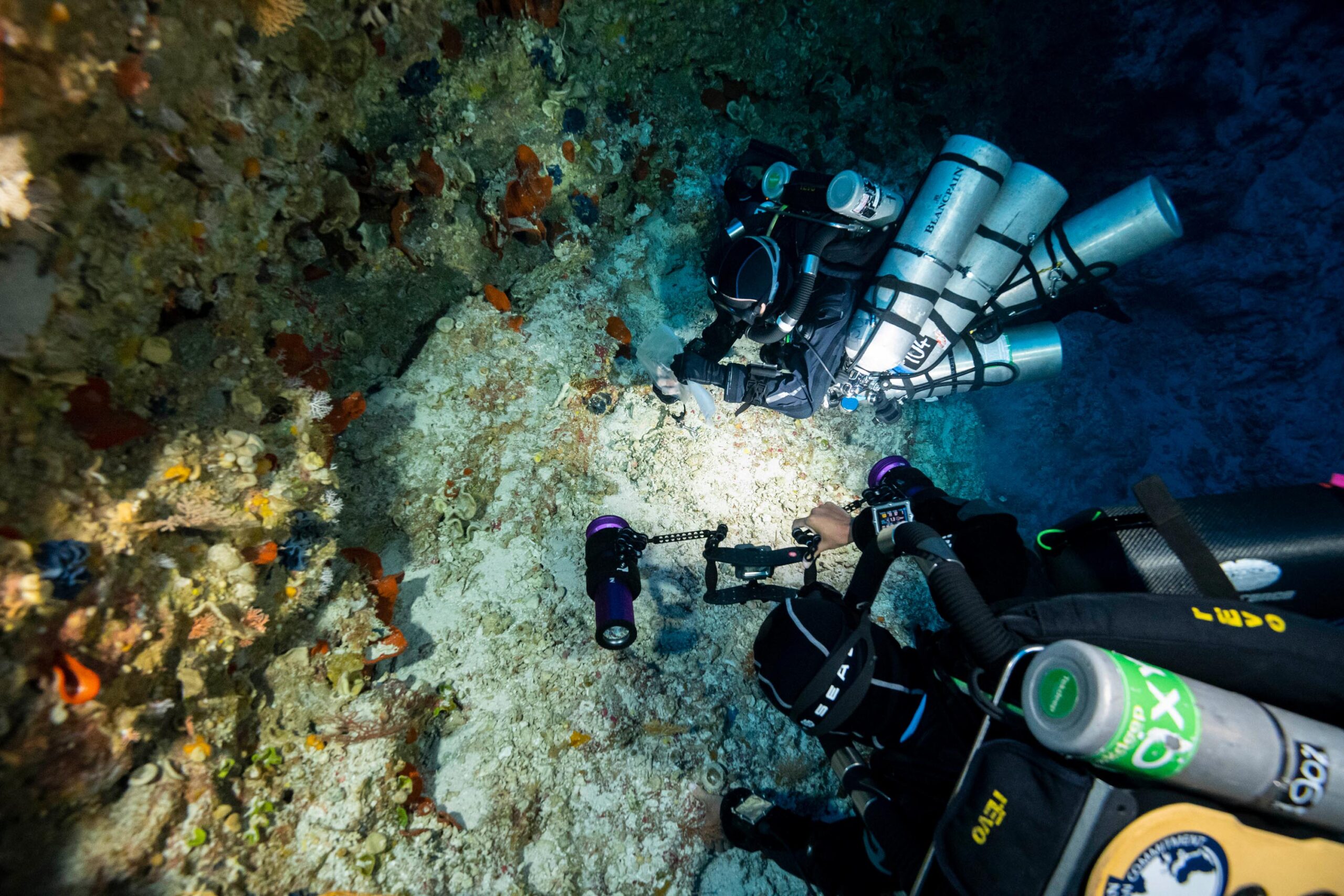
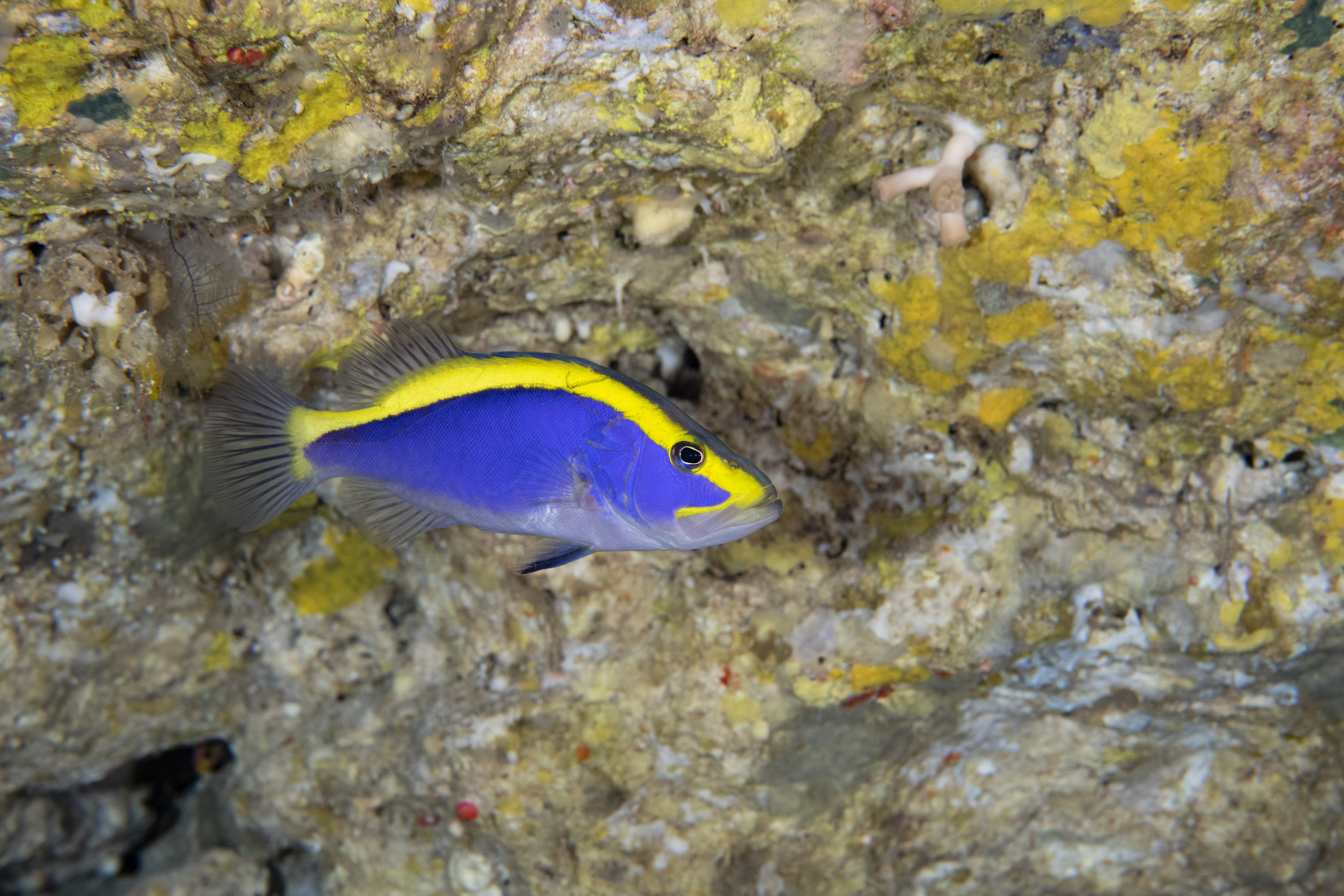
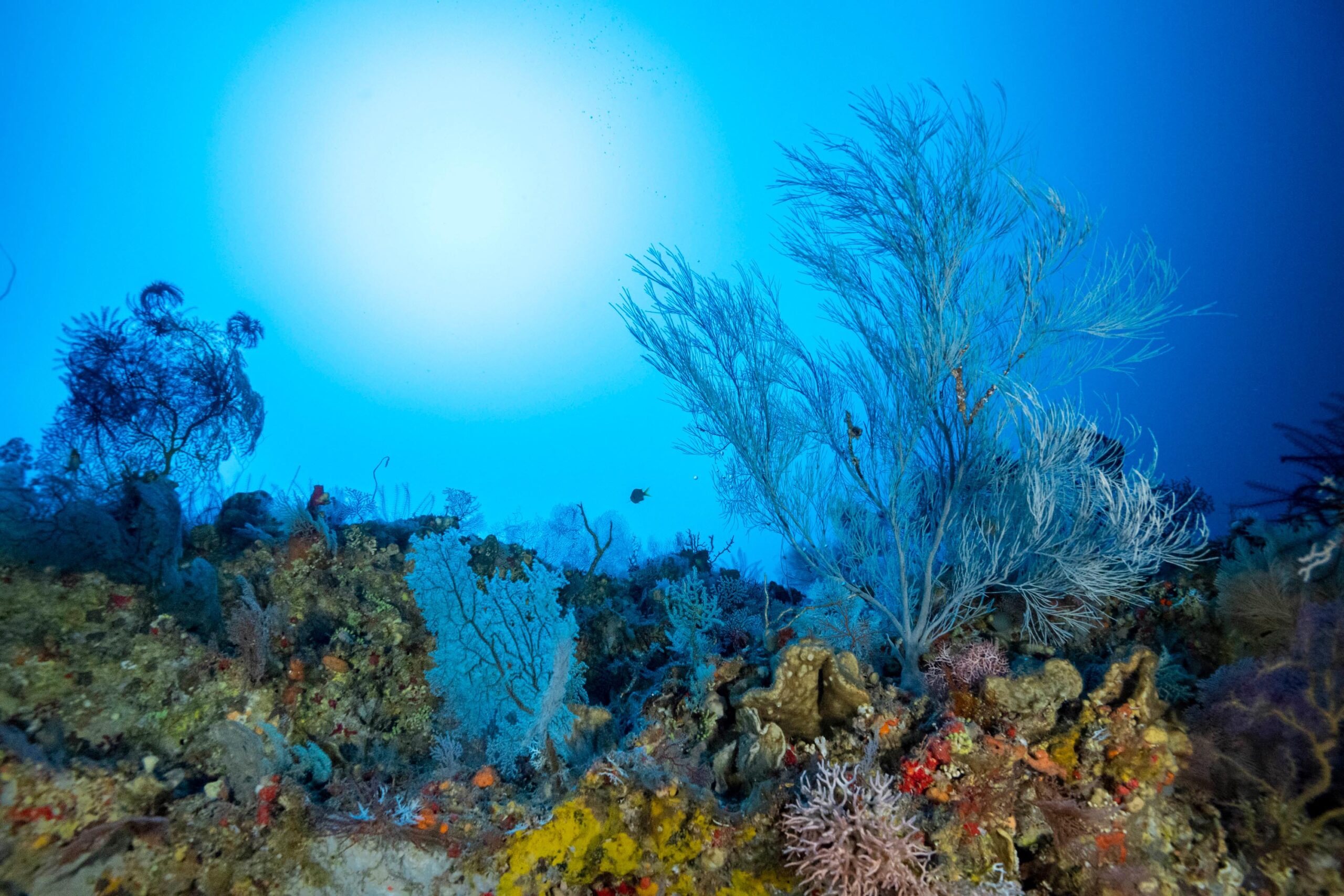
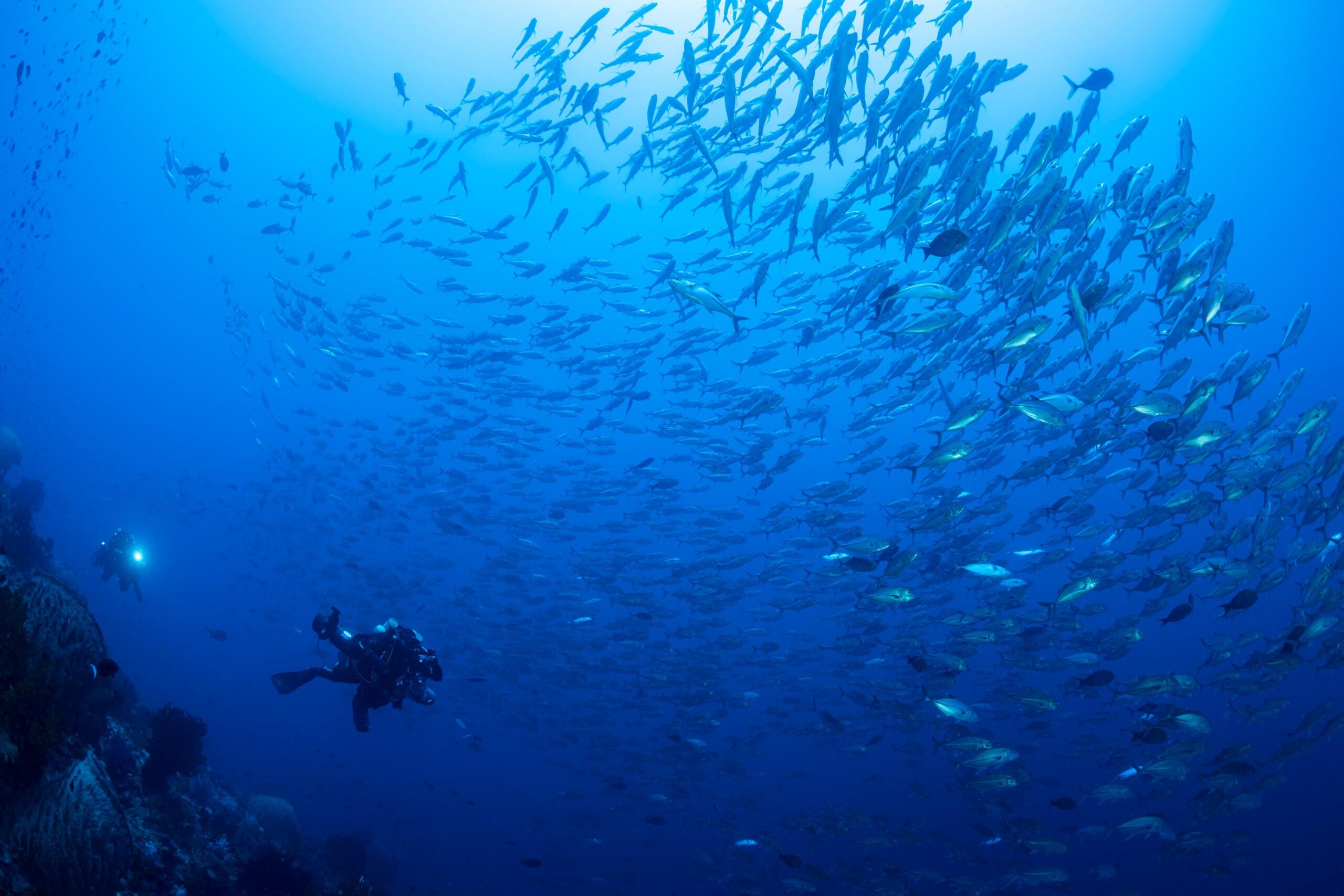
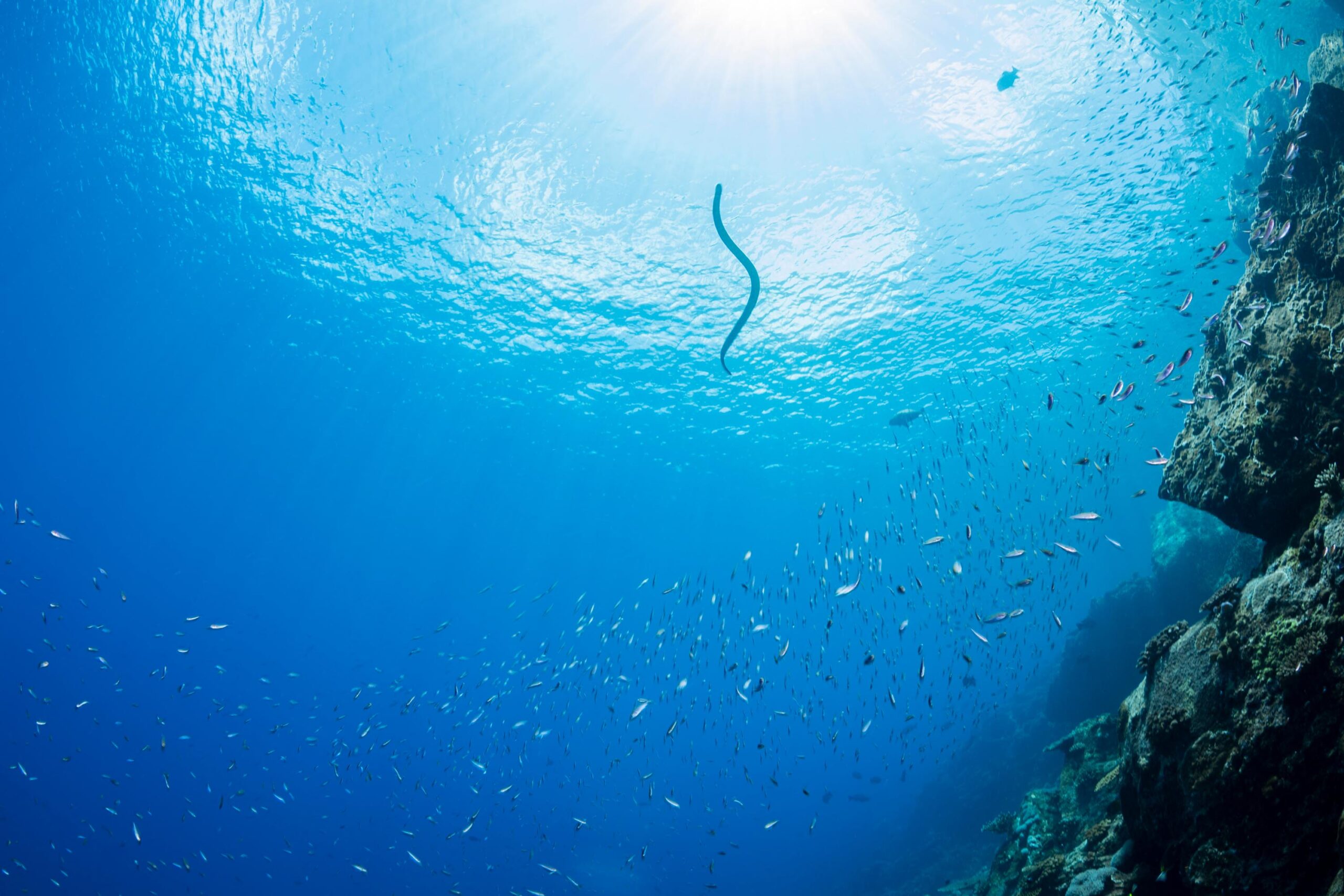
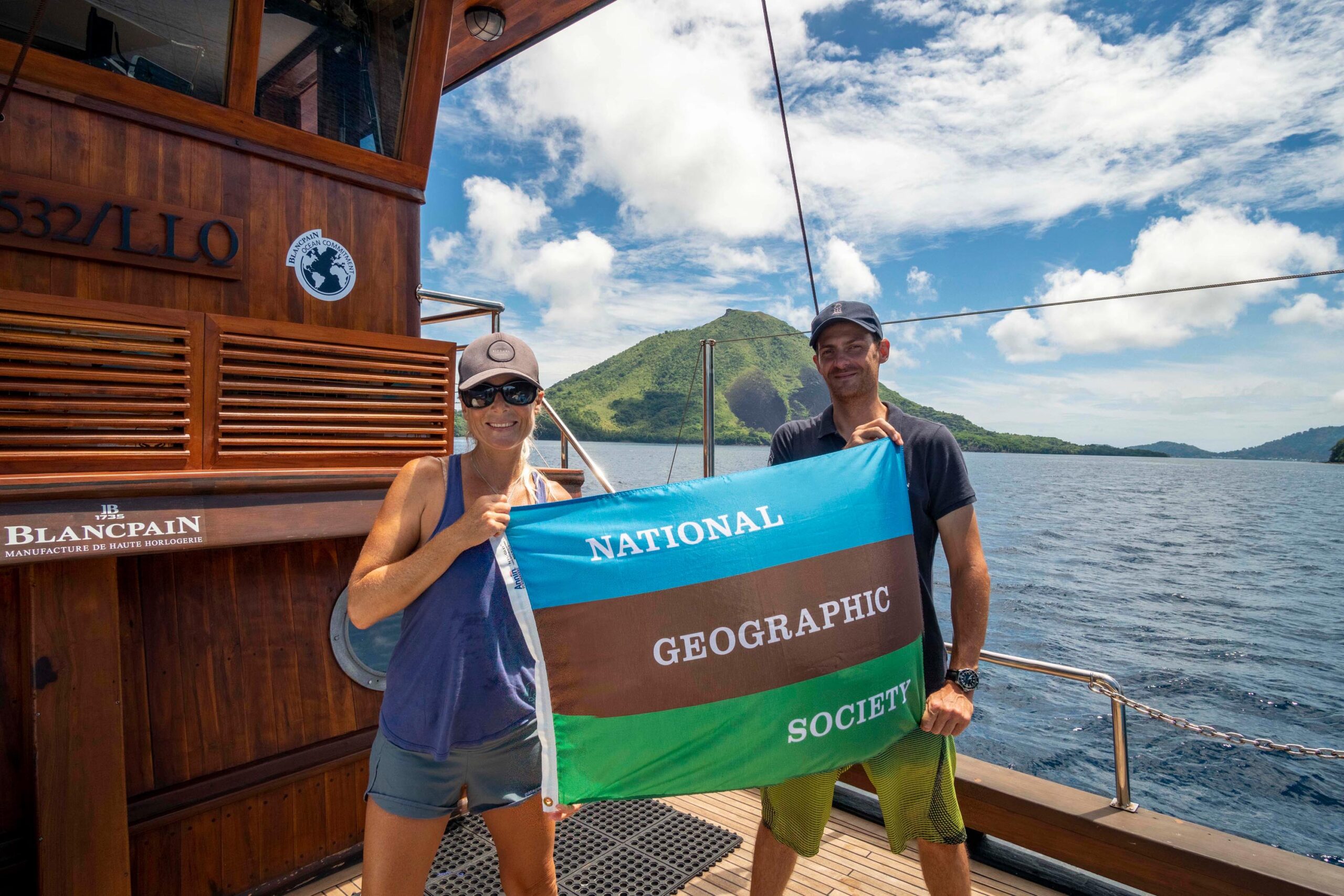
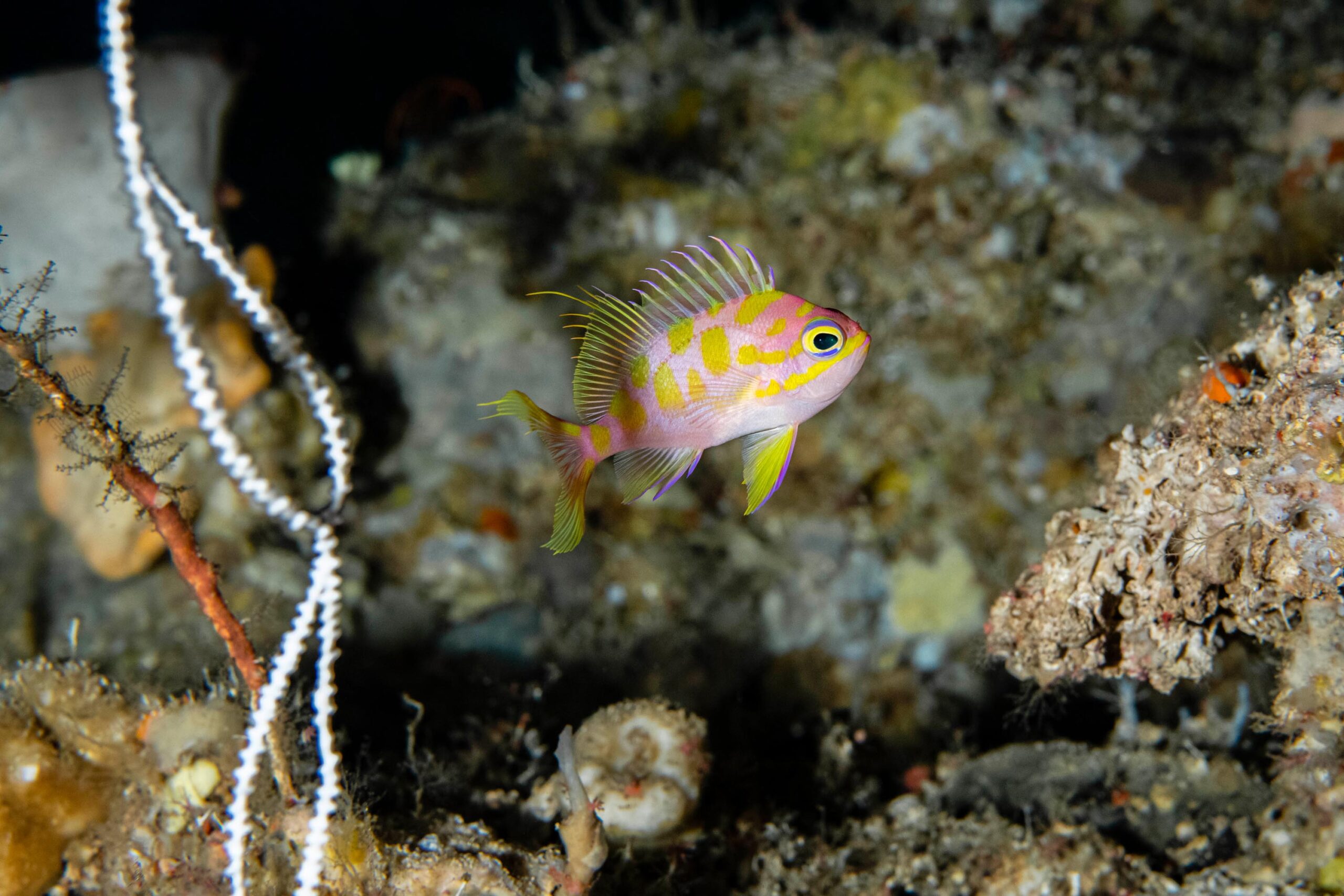
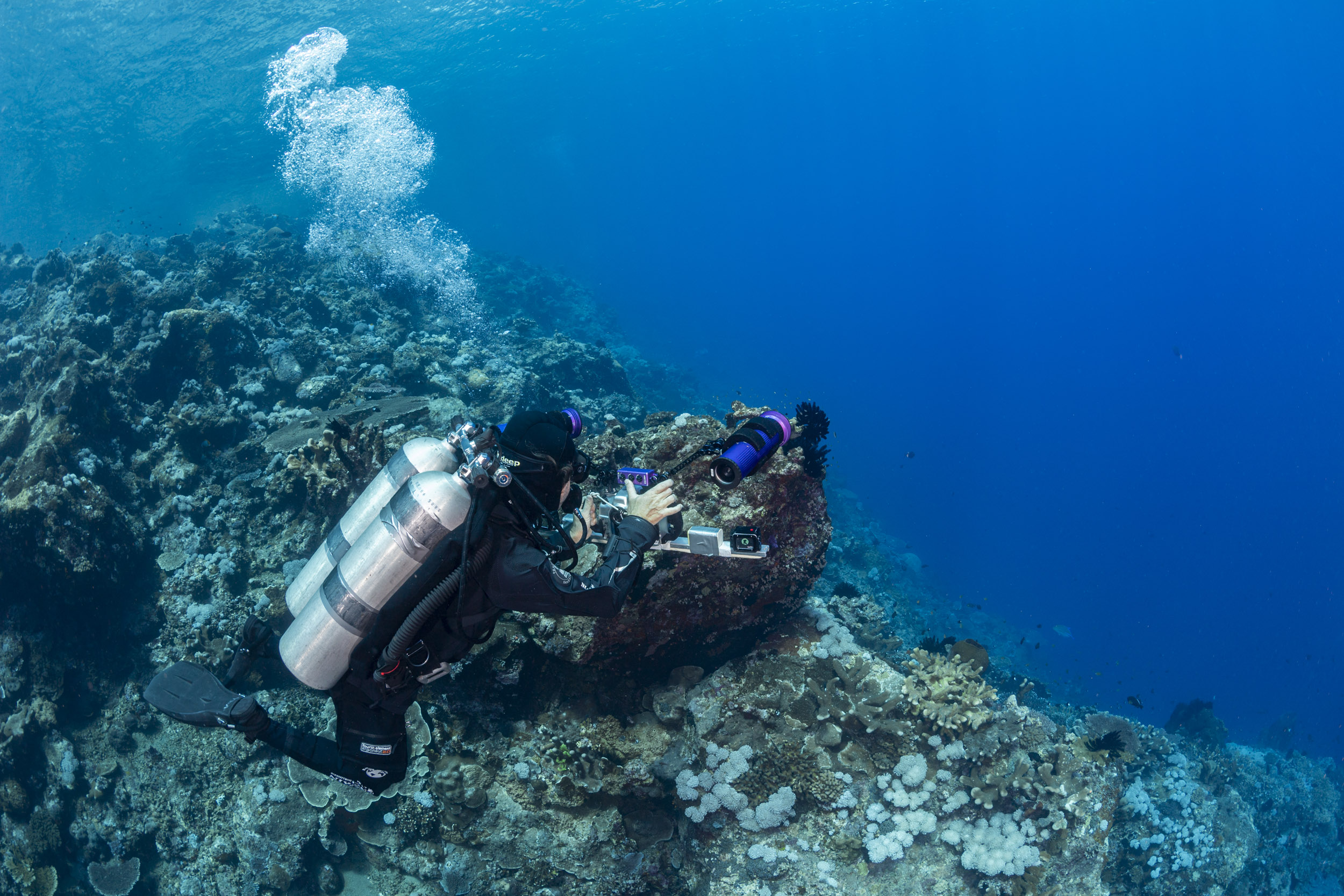
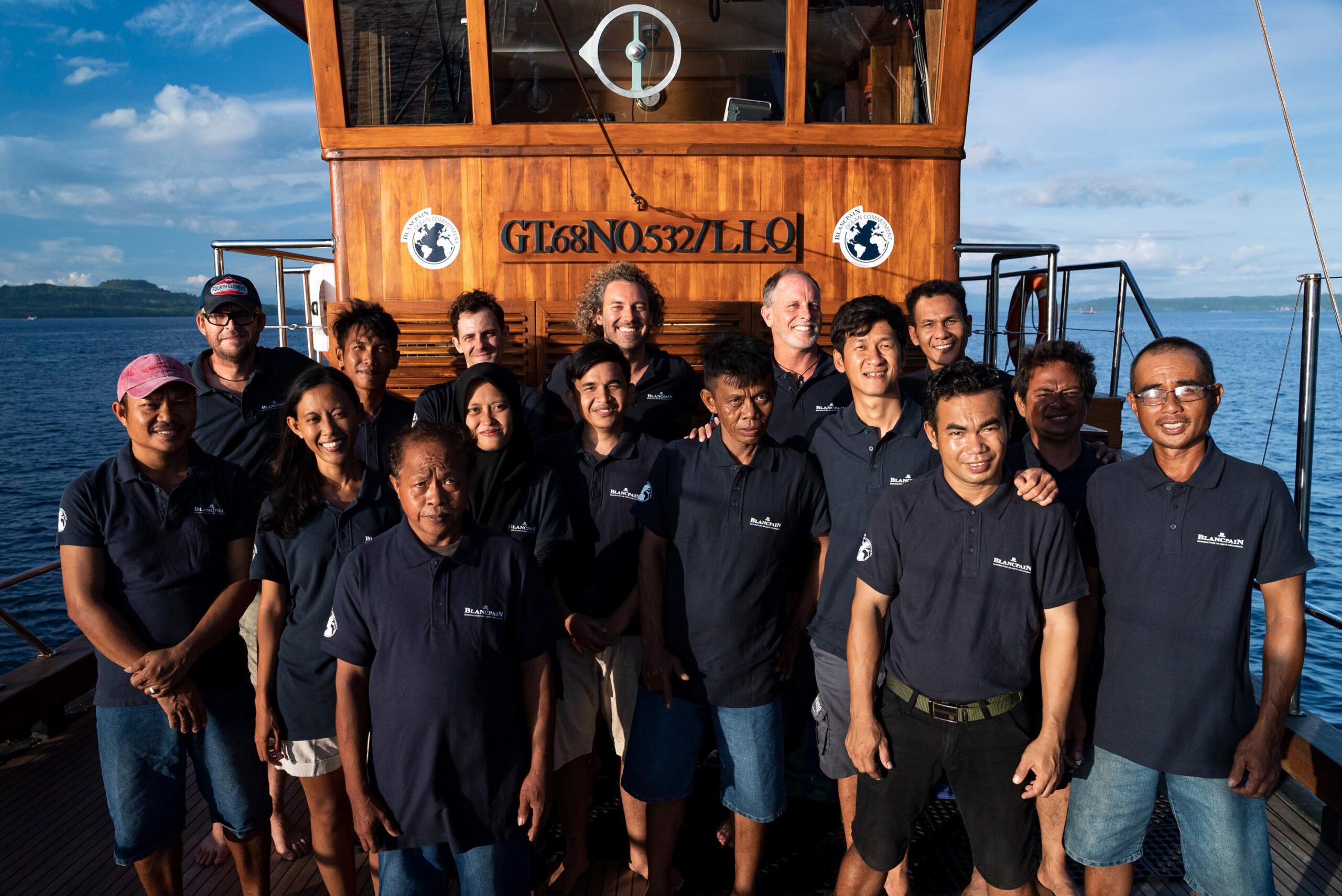
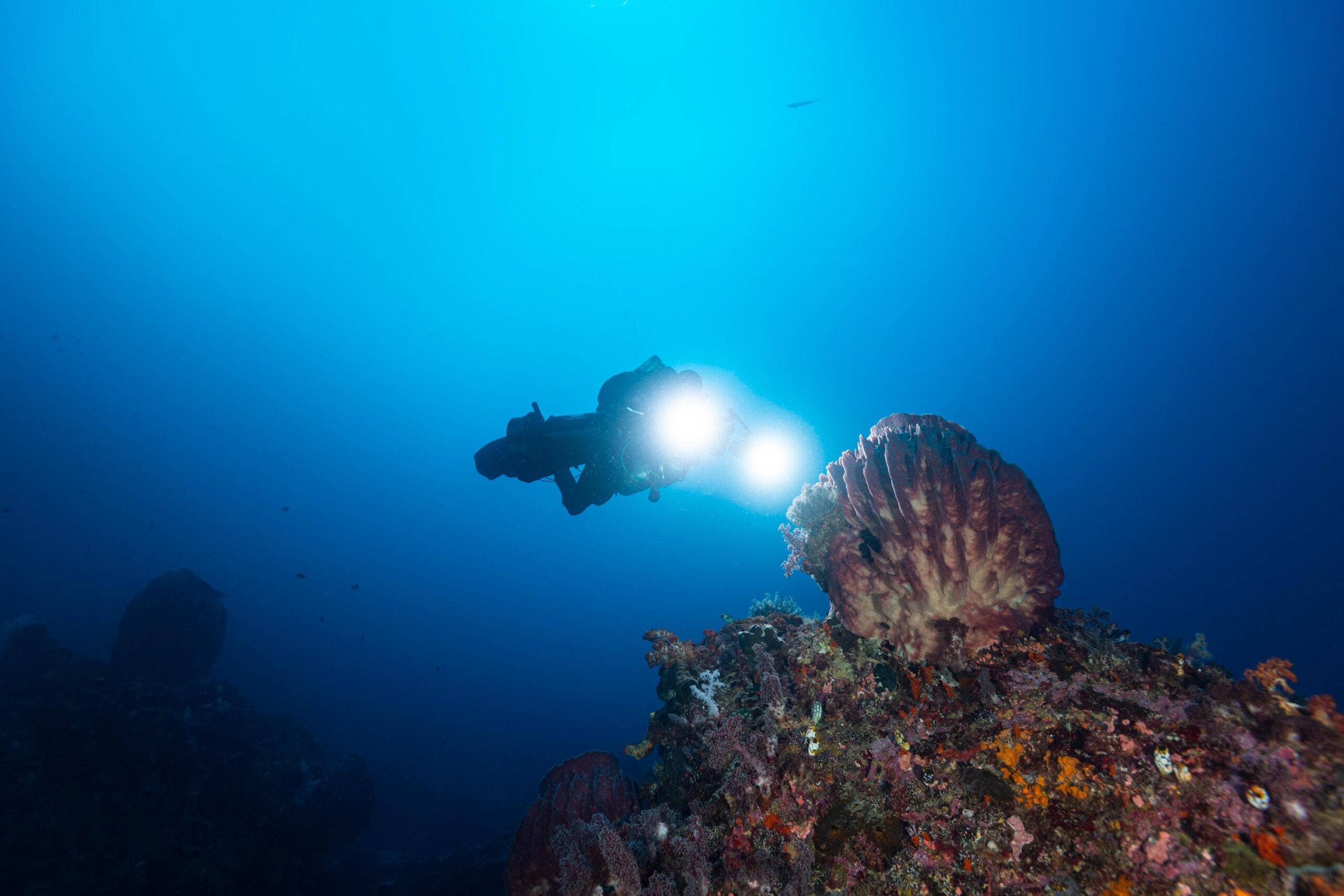
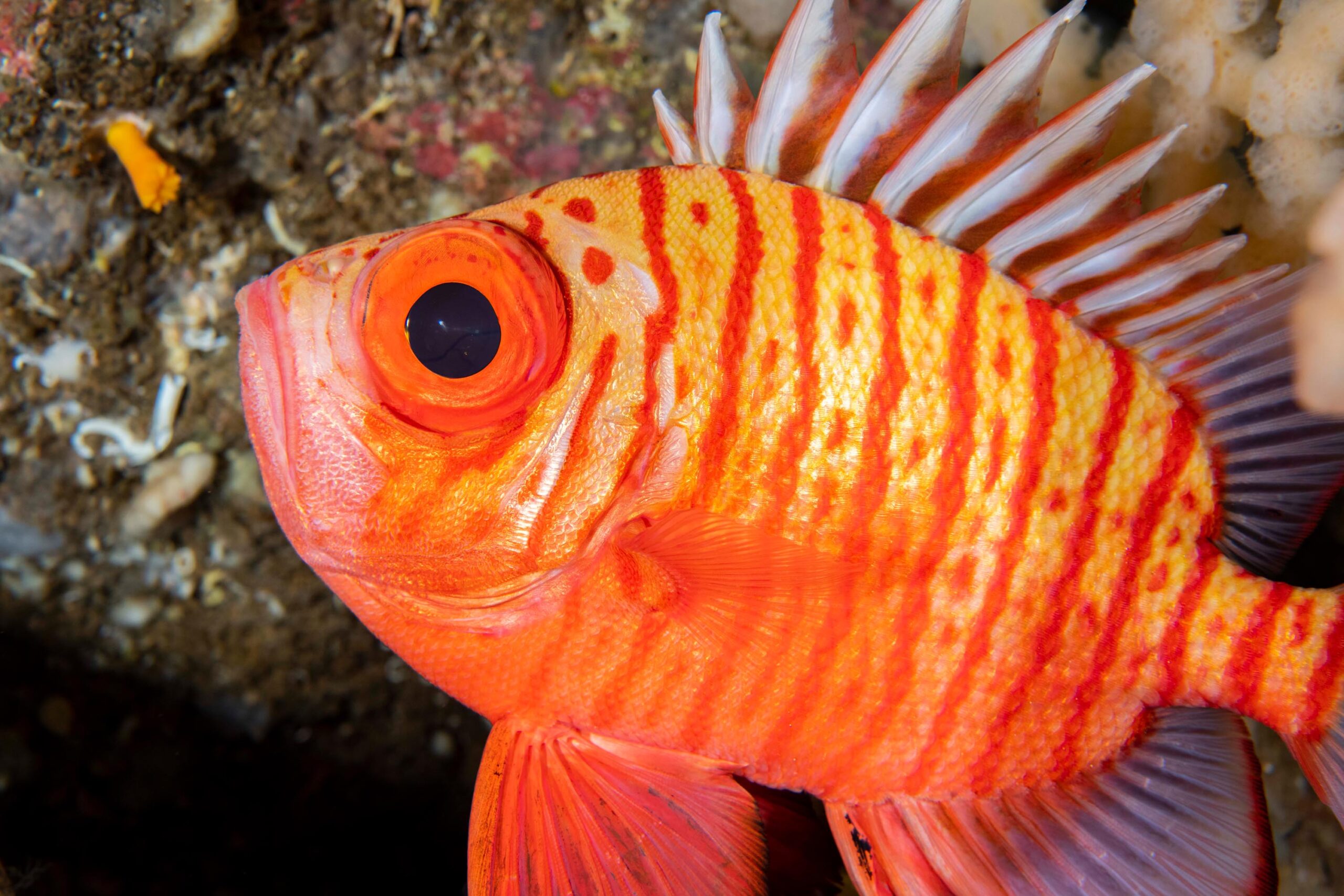
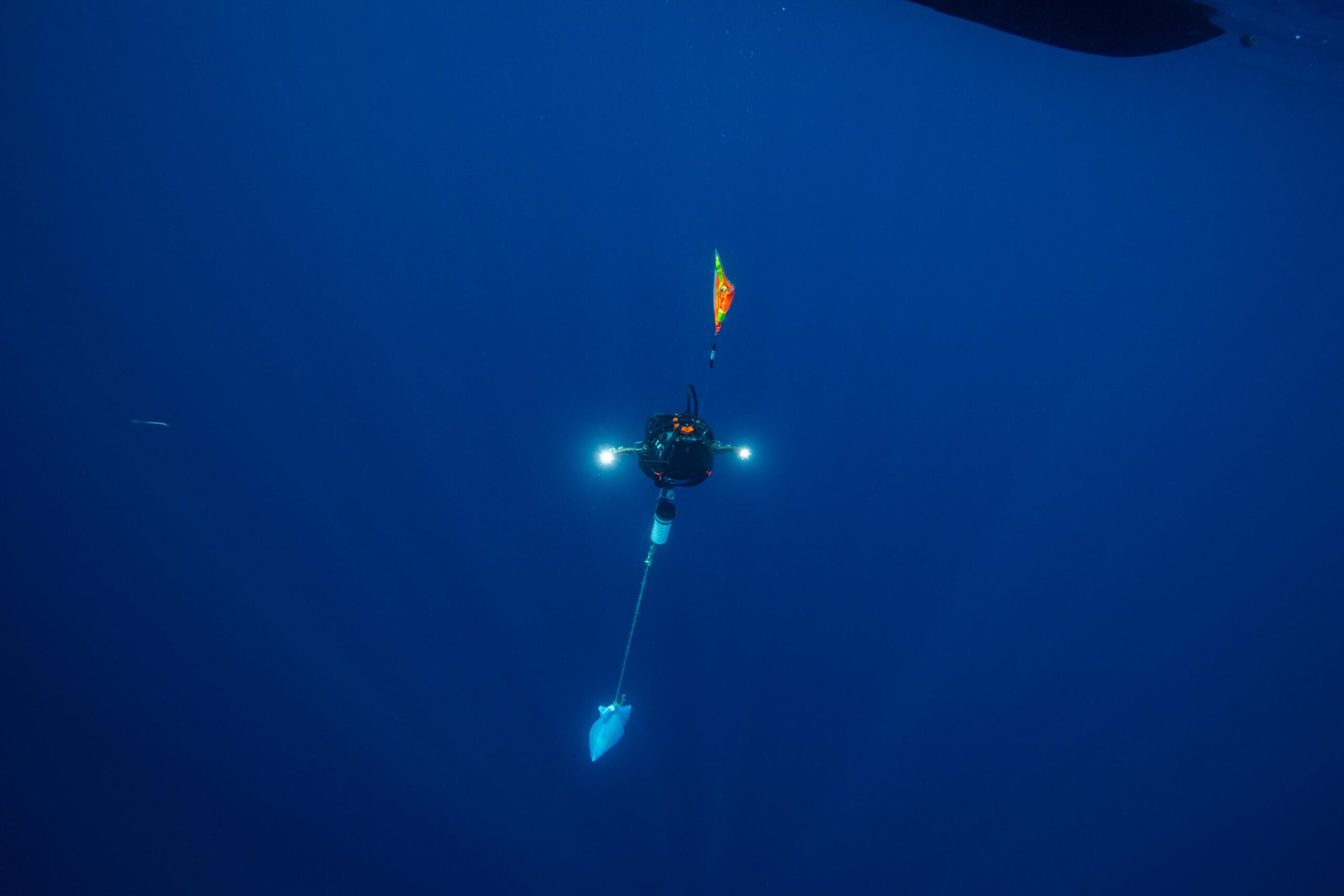
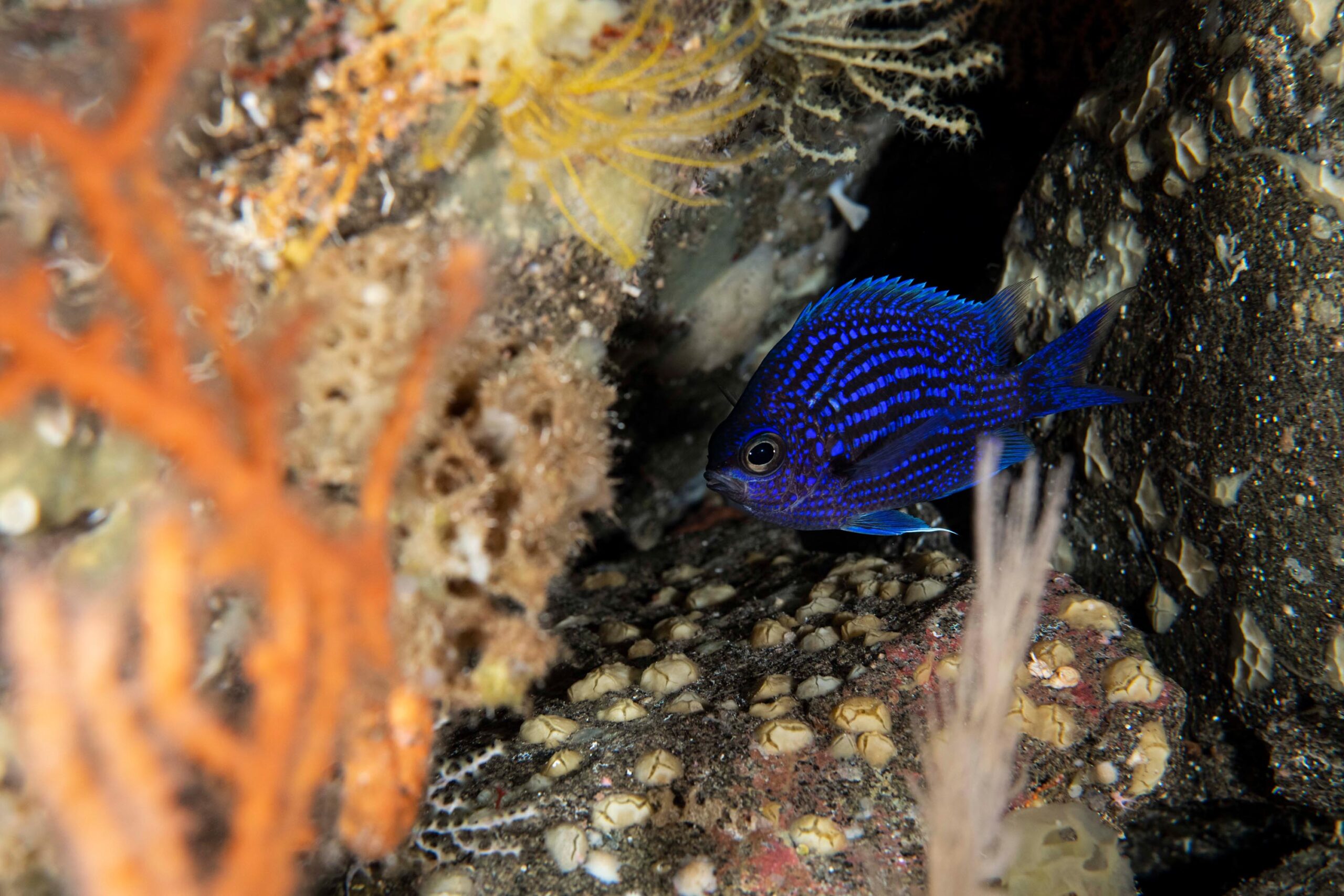

UNSEEN and its partners HOPE to continue the arduous yet critical task of documenting mesophotic reefs of the Maluku archipelago, TO UNDERSTAND THE biodiversity OF THE REGION BETTER and to improve conservation efforts in the face of global changes and increasing human pressure on the oceans.
DEEP REEFS OF THE FAR EAST
IS A PROJECT FUNDED BY
IN COLLABORATION WITH OUR SCIENTIFIC PARTNERS
AND WITH SUPPORT FROM OUR TECHNICAL PARTNERS


